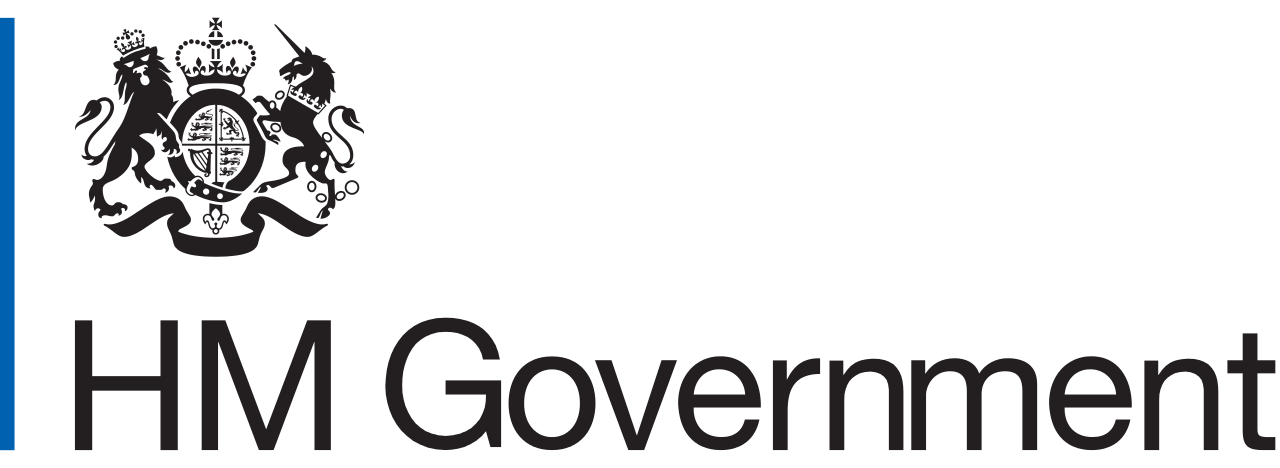A campaign to kickstart Norfolk and Suffolk’s tourism industry and put it ‘top of mind’ for holidaymakers planning a staycation has been launched.
Attractions, hotels, theatres and other businesses in the region’s £5bn visitor economy have felt the full force of the Covid-19 pandemic, with some forced to close and many laying off staff and suppliers.
But with overseas tourism unlikely to recovery quickly post-lockdown and with theatres and other cultural venues likely to be among the last to re-open, there is an opportunity to capitalise on people looking to holiday at home and at less crowded resorts.
A plan launched today by New Anglia Local Enterprise Partnership and Visit East of England highlights the sector’s need to “reset” the way it does business, particularly through increased digitisation and reskilling, so it can take advantage of a rise in domestic breaks and be more resilient out-of-season.
It also lays the foundations for the area to become one of the Government’s Tourism Zones, an initiative designed to boost holiday destinations across the country, helping create new jobs as well as supporting improvements in transport connections.
Measures aimed at restarting the visitor economy, which have been developed with local authorities and other partners, include:
- Promoting Norfolk and Suffolk as ‘Unexplored England’, a title post-lockdown that will resonate with people looking for undiscovered, less populated areas.
- Scoping and bidding for funding for a Destination Alliance to deliver activity in a coordinated and collaborative way across local authorities and Destination Marketing Organisations.
- Providing the right data and information at the right time, so businesses can focus their activities and play their best role in recovery.
- Collaborating with projects such as Look Sideways East, EXPERIENCE and Celebrating Culture 2021 to put cultural and experiential tourism at the heart of the recovery plans, promoting less well-known destinations and year-round attractions.
- Working with creative industries and other sectors to create innovative and immersive experiences for theatres, zoos and museums.
Norfolk and Suffolk has one of the largest and fastest-developing local visitor economies in England, employing 89,100 people – 11.3% of the workforce – and supporting 7,050 businesses.
Last year the area attracted more than 80 million day-trippers and just under 5 million staying visitors. That figure will be significantly lower in 2020, so it must position itself to recover in a way that will be fit for a very different tourism and hospitality landscape.
Doug Field, chair of New Anglia LEP, said: “The Covid-19 pandemic and lockdown has undoubtedly been one of the biggest challenges our local visitor economy has ever faced. This Visitor Economy Recovery Plan brings partners together to commit to immediate actions to help businesses adapt, re-open and return to serving local communities and visitors as quickly and safely as possible.
“This plan, together with strong leadership, will help put Norfolk and Suffolk ‘top of mind’ and deliver a brighter future for the visitor economy.
“Our recovery has to be built on successful partnerships and collaborations and by working together we can support this important sector, its businesses and staff to restart and recover.”
Andy Wood, chairman of Visit East of England, said: “The visitor economy across Norfolk and Suffolk is worth more than £5bn and employs around 120,000 people, many of whom are young people early in their careers. It is therefore a vital sector for the region’s jobs and economic wellbeing, as well as a means of showcasing the very best that our two great counties have to offer to both domestic and international visitors.
“As one of the first sectors in and one of the last out of the crisis, it has been hit hard by Coronavirus. The sector is an eco-system of thousands of small and medium, often family-owned enterprises that will respond quickly and innovatively as demand returns. Therefore, this Visitor Economy Recovery Plan is an essential piece of work that will underpin the sector’s return to health and prosperity for the benefit of Norfolk and Suffolk.”
The publication of a co-ordinated recovery plan for the sector in Norfolk and Suffolk has been welcomed by VisitEngland. Its director Andrew Stokes said: “This kind of collaborative work will be vital in helping the visitor economy recover post-pandemic and it’s encouraging to see so much engagement, particularly with Visit East of England’s Tourism Business Survey.
“There are references to VisitEngland’s ‘Know Before You Go’ initiative and the ‘We’re Good To Go’ industry standard and consumer mark, which shows the level of joined-up thinking from a local to national level”.
Theatres and other indoor cultural venues will be some of the last businesses to reopen, and research shows local theatres are projecting an unrecoverable gap of £10 million by September 2020.
However, they can play a key role in the longer-term recovery effort and the New Anglia Cultural Board is developing an integrated vision of how the region’s cultural sector can drive both investment and growth.
Helen Wilson, its chair, said: “The cultural sector lies at the very heart of our tourism offer and plays a major role in attracting many of the visitors to our region. Like the rest of the visitor economy the arts and entertainment have been hit very hard by the pandemic and are facing an uncertain future.
“If the visitor economy is to return to the success it has seen in recent years, it is vital that a vibrant cultural sector is able to make a full contribution to that regrowth. Collaboration will be key to our success and this Recovery Plan is an important step in positioning ourselves for new growth.”




